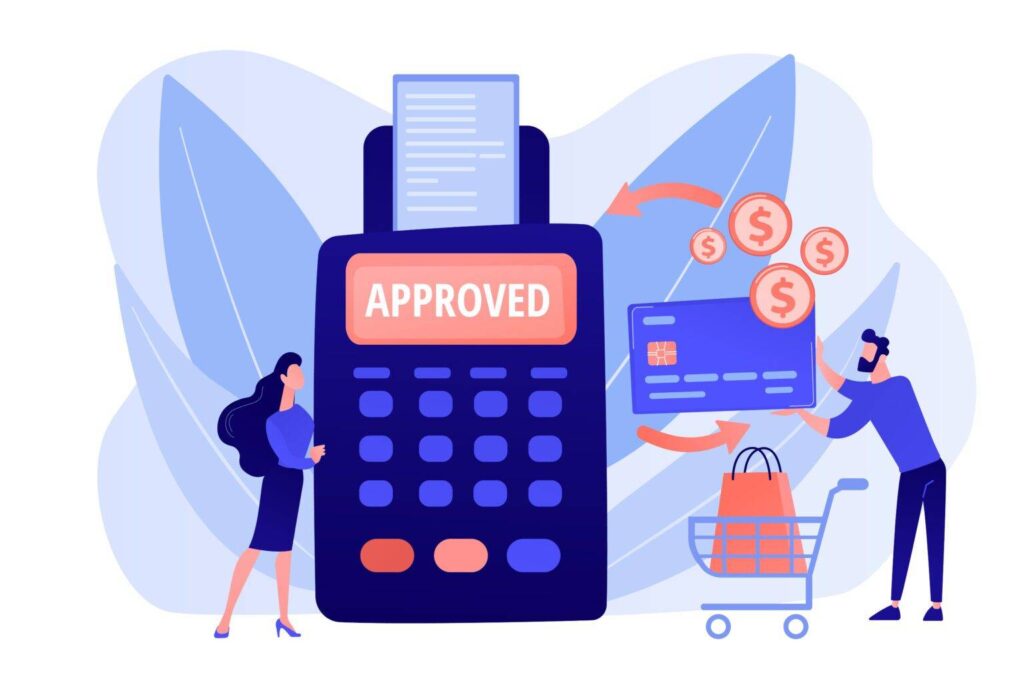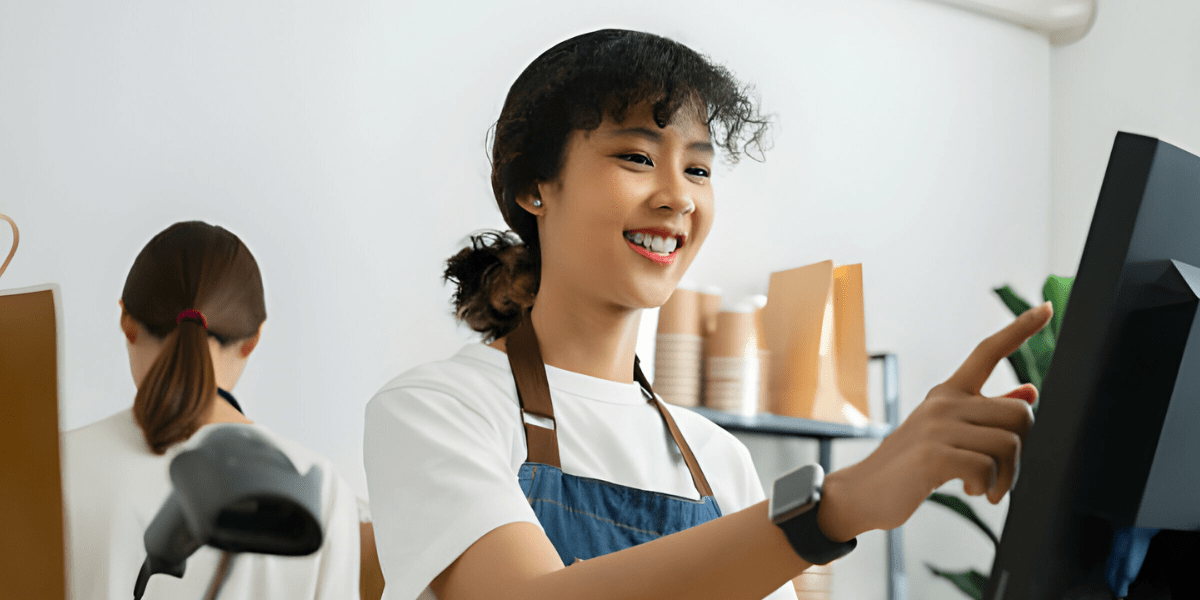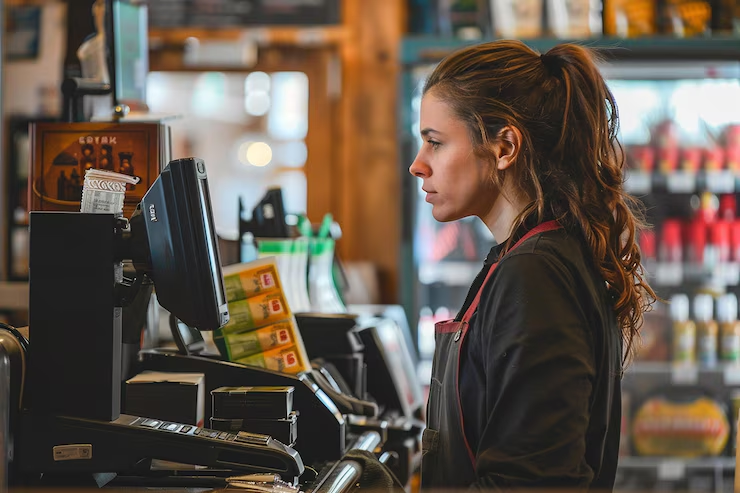7 Essential Features to Look for in a Powerful POS System for Your Hospitality Business

Choosing the right Point of Sale (POS) system for your hospitality business is a crucial decision that can significantly impact your operations and customer experience. Whether you run a restaurant, café, hotel, or bar, a well-suited POS system can streamline processes, improve service quality, and boost your bottom line. However, with the wide variety of options available, finding the perfect POS system can be challenging. This guide will help you understand the key features and considerations when selecting a POS system for your hospitality business.
1. Industry-Specific Features
The hospitality industry has unique needs that differ from other sectors, so it’s essential to choose a POS system designed specifically for hospitality. Look for features such as:
- Table Management: For restaurants and cafes, a POS system that includes table management features is vital. It allows you to efficiently manage seating arrangements, track orders by table, and provide better service by reducing wait times.
- Menu Customization: The ability to easily update and customize your menu is crucial, especially in a fast-paced environment. Look for a POS system that allows you to make real-time changes, including adding daily specials, modifying prices, or adjusting item availability.
- Room and Reservation Management: If you operate a hotel or inn, ensure your POS system integrates with room and reservation management. This allows you to manage bookings, check-ins, and check-outs seamlessly, while also processing room charges, food and beverage orders, and other guest services.
- Bar and Beverage Management: For bars and nightclubs, inventory management of beverages is critical. A POS system with beverage management features helps track sales, manage stock levels, and monitor drink pouring to reduce wastage.
2. Ease of Use and Training
In the hospitality industry, where turnover can be high and staff often need to be onboarded quickly, a user-friendly POS system is essential. The system should have an intuitive interface that staff can easily navigate, even with minimal training. This ensures that employees can quickly learn how to use the system, leading to more efficient service and fewer errors during busy times. Additionally, consider systems that offer comprehensive training resources and customer support to assist with onboarding new staff.
3. Integration Capabilities
A POS system that integrates seamlessly with other tools and software you use in your business is crucial for efficiency. Key integrations to look for include:
- Accounting Software: Integration with accounting software like QuickBooks or Xero helps streamline financial reporting and reduces manual data entry.
- Inventory Management: A POS system that syncs with your inventory management system ensures that stock levels are updated in real-time, helping to prevent stockouts or over-ordering.
- Customer Relationship Management (CRM): Integrating with a CRM system allows you to manage customer data, track preferences, and implement loyalty programs, enhancing the customer experience.
- Online Ordering Platforms: For businesses offering online ordering or delivery, integration with online ordering platforms is essential for managing orders from multiple channels efficiently.
Read also: A Beginner’s Guide to POS System Security Best Practices
4. Mobility and Flexibility
In the fast-paced hospitality environment, mobility can significantly enhance service. A POS system that offers mobile capabilities, such as handheld devices or tablet-based systems, allows staff to take orders directly at the table, reducing errors and speeding up service. Additionally, mobile POS systems can be beneficial for outdoor seating areas, food trucks, or events where a fixed terminal may not be practical.
5. Payment Processing Options
Your POS system should offer flexible payment processing options to accommodate various customer preferences. Look for a system that supports multiple payment methods, including credit and debit cards, mobile payments (e.g., Apple Pay, Google Wallet), contactless payments, and gift cards. Ensuring that your POS system is EMV-compliant (chip card enabled) is also crucial for reducing fraud and chargebacks.
6. Reporting and Analytics
Detailed reporting and analytics capabilities are essential for making informed business decisions. A good POS system should provide insights into sales trends, employee performance, inventory levels, and customer preferences. Look for a system that offers customizable reports, real-time data access, and the ability to track key performance indicators (KPIs) relevant to your business. These insights can help you identify areas for improvement, optimize pricing strategies, and better understand your customers.
7. Scalability
As your hospitality business grows, your POS system should be able to grow with you. Choose a system that offers scalability, allowing you to add new features, terminals, or locations without requiring a complete system overhaul. This ensures that your POS system remains a valuable tool as your business expands, whether you’re opening new locations, adding delivery services, or increasing your menu offerings.
Conclusion
Selecting the right POS system for your hospitality business involves carefully considering your specific needs and the system’s features. By prioritizing industry-specific capabilities, ease of use, integration options, mobility, payment flexibility, reporting, and scalability, you can choose a POS system that not only meets your current needs but also supports your business’s future growth. Investing in the right POS system is an investment in your business’s efficiency, customer satisfaction, and long-term success.
Visit our site at www.dibtech.com.au
Visit our YouTube channel for tutorials Dibtech






